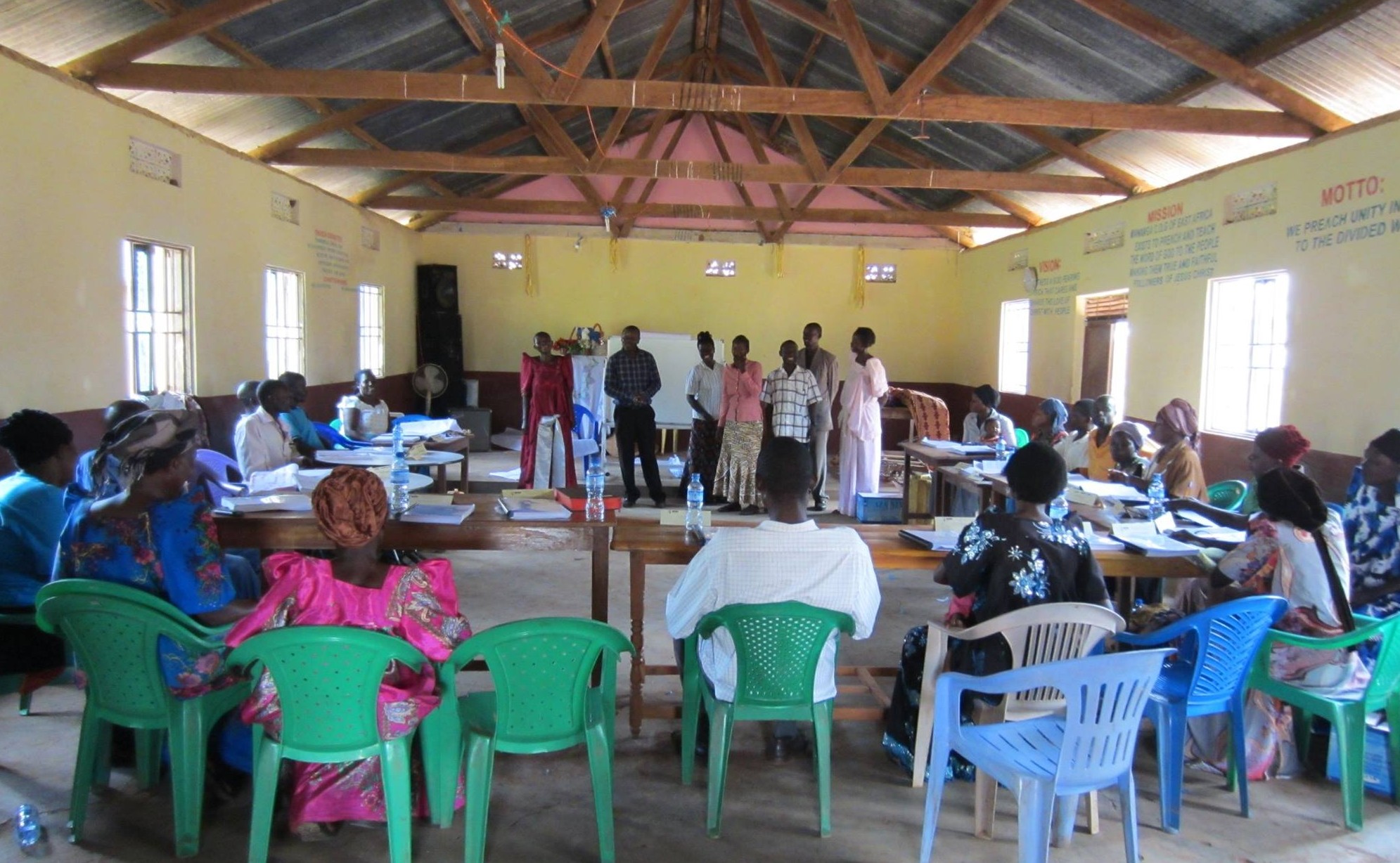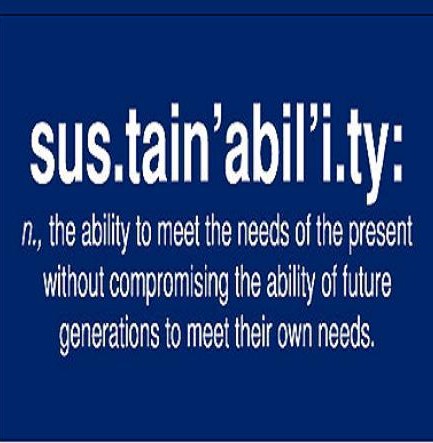Contribute to Micro Enterprise Projects Here
Sustainability: the ability to meet the needs of the present without compromising the ability of future generations to meet their own needs.
We recently completed a month-long program for business training in Mawanga.
The purpose of this training was to equip our people with the necessary knowledge and skills to start and manage their own businesses.
Rather than focusing on capital, which is hard to come by in many of these rural communities, we looked at the assets these people already have and how they can develop them into a way of generating revenue and earning a steady income.

~Business Training in Mawanga~
The ultimate goal is to work towards this idea of sustainability.
While ROWAN strives to meet urgent needs and take care of their own, what we really desire is to see these individuals succeed and be able to provide for themselves and their families.
We want to empower them and encourage them to follow their dreams, and we can learn from their tenacity of spirit.
Western culture coming in and attempting to rescue those struggling in the face of poverty isn’t the answer. Rather, we must work together and learn from one another. Giving support by helping our people bring life to their business ideas and letting them take pride in ownership is so much more effective. This is what will change the future and how Africa is perceived by much of the world.
So, while much of ROWAN’s ministry does deal with meeting needs, we want it to be more about building relationships and coming alongside to empower and encourage.
Knowing where the needs are is important, but even more vital to survival is the ability to eventually be self-supporting. And establishing businesses has the potential to do just that. Even Pastor Paul is now making cakes as a business. The next step is to continue to follow up on a monthly basis to assure that each business owner is successful.
…Many ministries do begin this way, conducting a “needs assessment” by using and interview or a survey to determine what is wrong and the best way to provide assistance. This “needs-based” approach has merit, for diagnosing the underlying problems is essential to formulating the proper solutions. However, starting with a focus on needs amounts to starting a relationship with low-income people by asking them, “What is wrong with you? How can I fix you?” Given the nature of most poverty, it is difficult to imagine more harmful questions to both low-income people and to ourselves! Staring with such questions initiates the very dynamic that we need to avoid, a dynamic that confirms the feelings that we are superior, that they are inferior, and that they need us to fix them.
(excerpt from When Helping Hurts by Steve Corbett and Brian Fikkert)
Contribute to Micro Enterprise Projects Here






